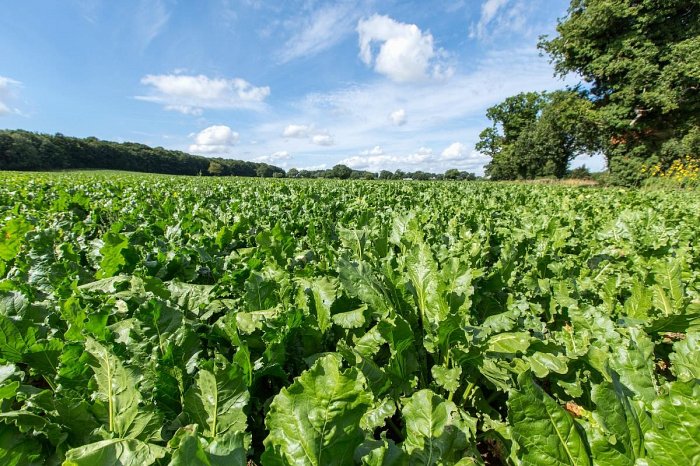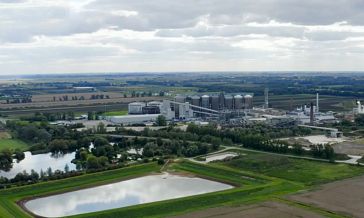
Latest news
All recent news from British Sugar
Statement on the emergency authorisation for limited use of a neonicotinoid seed treatment for the 2024/25 sugar beet crop
18 January 2024

Defra's granting of our joint application with NFU Sugar for emergency use of a neonicotinoid seed treatment is an important decision which, if it is needed, will enable the UK's sugar beet growers to protect their 2024 crops from Virus Yellows disease, while work continues on finding a long-term solution to the problem.
The seed treatment will only be used if a predetermined, independent threshold is met in March. Any use of the seed treatment is subject to strict controls, including: a bare minimum amount is to be used, there is a restriction on flowering crops being planted in the same field following seed-treated sugar beet, and growers must take part in knowledge exchange programmes. Growers must also follow a strict stewardship programme to ensure best practice and that the conditions of the emergency authorisation are met on farm. In addition, the industry has jointly funded residue monitoring over the past couple of years.
Across the homegrown sugar industry, we continue to progress our plans, through our dedicated Virus Yellows Pathway, to tackle Virus Yellows without the need for neonicotinoids. This includes working with plant breeders to improve natural resistance in the crop, innovation in on-farm techniques and grower practices, and research into how the industry can benefit from gene editing. Our ground-breaking project, in collaboration with agricultural biotechnology company Tropic, to explore how gene editing can be used in sugar beet to target Virus Yellows continues to make progress and we have also seen encouraging results from the British Beet Research Organisation’s 2023 Virus Yellows trials. We look forward to understanding more about how we can use the results of this work for the benefit of our industry.
Notes to editors:
- Defra’s full statement can be found here.
- The threshold for use this year will be if the Rothamsted model predicts a 65% Virus Yellows infection across the national sugar beet crop, compared to a 63% threshold in 2023.
- The latest BBRO virus-inoculated field trials show that good progress is continuing to be being made in the development of VY tolerant varieties by breeding companies across Europe to all three yellowing viruses.
- We anticipate the latest generation of these VY tolerant varieties to be available commercially as soon as 2026.
- These new varieties are expected to offer returns to yields on-par with conventional varieties but without the need for seed-treatments to protect from the aphid vectors of VY. However, when appropriate, foliar aphicides or other IPM interventions may be needed to protect any crops which are particularly susceptible to early or large aphid migrations.
- Read more about the beet sugar industry’s wider work to tackle Virus Yellows in our Virus Yellows Pathway brochure.





